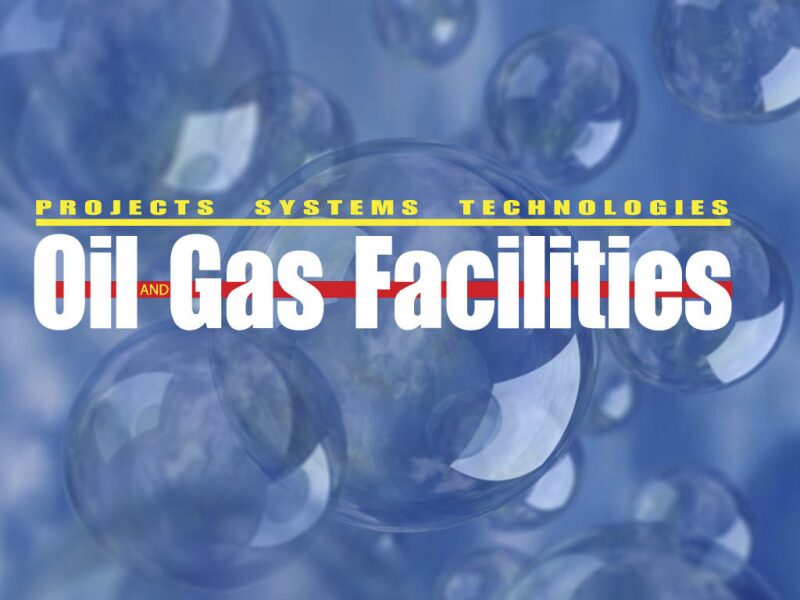Summary
Used extensively by the food, chemical, and pharmaceutical industries, the mechanical-vapor-recompression (MVR) process is viewed as a reliable method for recovering demineralized water from concentrated brines. Devon Energy has supported the operation of an advanced MVR system at a north-central Texas (Barnett shale region) treatment facility. At this facility, pretreatment included caustic addition and clarification for total-suspended-solids and iron control. Pretreated shale-gas flowback water was then sent to three MVR units, each rated at 2,000–2,500 B/D (318–398 m3/d). Data were collected during a 60-day period in the summer of 2010. Distilled-water recovery volume averaged 72.5% of the influent water to the MVR units. The influent total dissolved solids (TDS) fed to the MVR units averaged just under 50 000 mg/L. More than 99% of the TDS were captured in the concentrate stream. The fate of multivalent cations; total petroleum hydrocarbons (TPH); and benzene, toluene, ethylbenzene, and xylenes (BTEX) throughout the treatment system was determined. Most of the iron and TPH removal (90 and 84%, respectively) occurred during pretreatment. The total removal of iron, magnesium, calcium, barium, and boron from the distillate exceeded 99%. BTEX removal from the distillate exceeded 95%. Electric power at the facility was provided by two natural-gas generators, and compressors associated with the MVR units were driven by natural-gas-fueled internal-combustion engines. Energy requirements at the entire treatment facility were tracked daily by total natural-gas use. Best-fit correlations between treated water and distillate production vs. total plant use of natural gas indicated that there was a base power load throughout the facility of approximately 120 to 140 Mscf/D (3400 to 3960 m3/d) of gas. Approximately 48 scf -natural gas/bbl influent water treated (270 m3/m3 influent) or 60.5 scf/bbl distillate produced (340 m3/m3 distillate) was required; this represents an energy cost of less than USD 0.25/bbl treated (USD 0.04/m3 treated) and approximately USD 0.30/bbl of distillate product generated (USD 0.048/m3 distillate), assuming a natural-gas cost of USD 5/million Btu (USD 4.72/GJ). Performance in terms of water recovery and product-water quality was stable throughout the 60-day test.
Read or download the full SPE paper 170247-PA.
T.D. Hayes, Gas Technology Institute; B. Halldorson and P. Horner, Fountain Quail Water Management; J. Ewing and James R. Werline, Devon Energy Corporation; and B.F. Severin, Environmental Process Dynamics Incorporated

